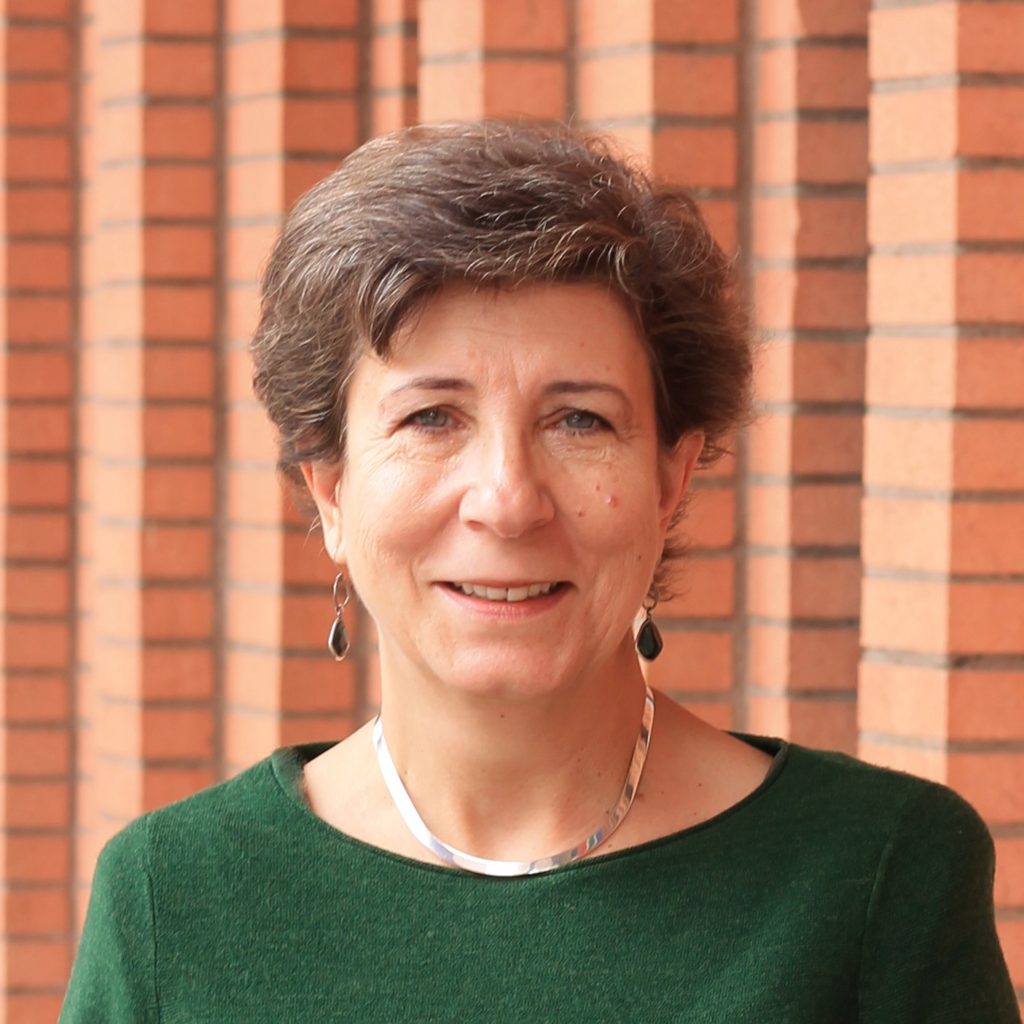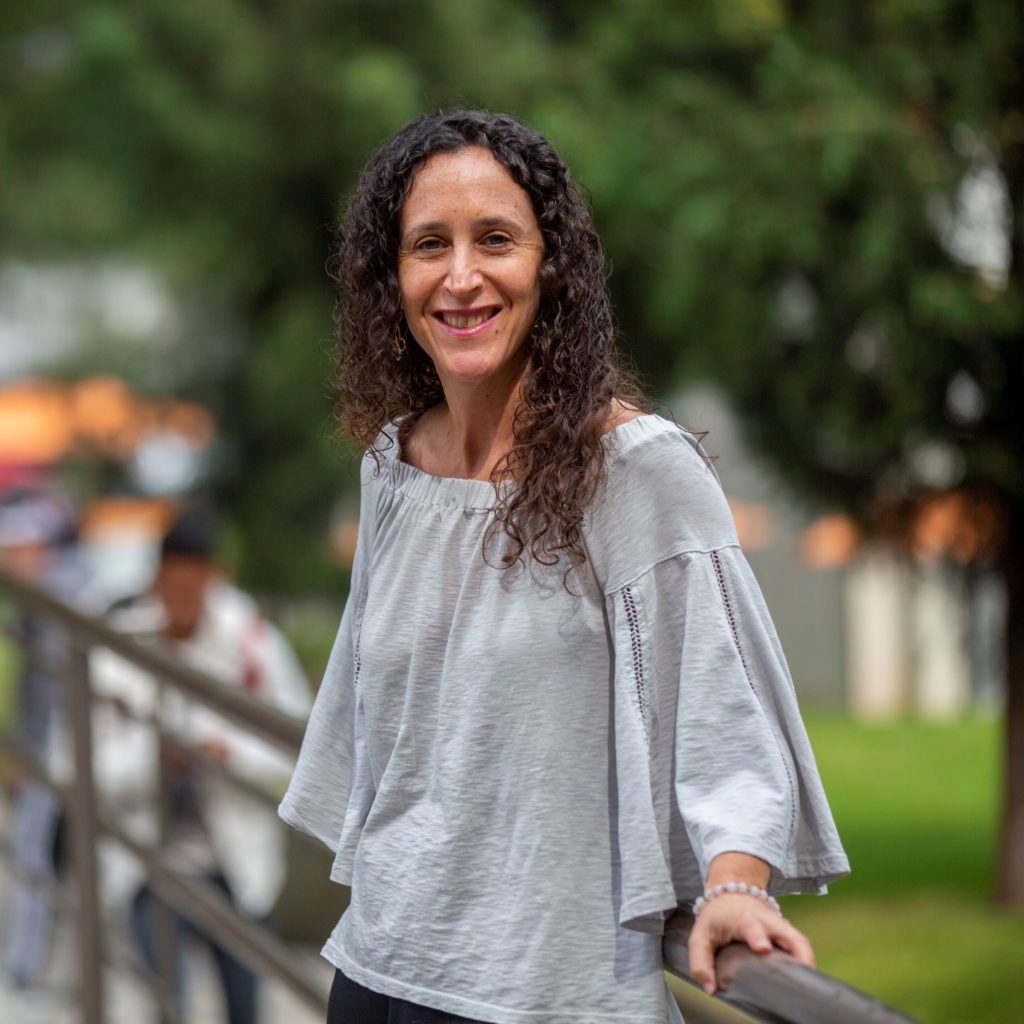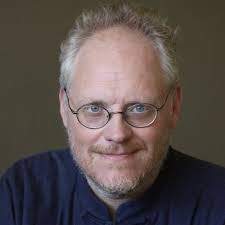Panelists
John Bieter, (he/him) Professor, History Department, Boise State University
John Bieter is a co-founder of the Basque Global Collaborative as well as a professor in the History Department at Boise State University. He received a B.A. in Economics/Social Science from the University of St. Thomas in St. Paul, Minnesota, his M.A. in History from Boise State University and earned his doctoral degree in History from Boston College. He is the co-author of An Enduring Legacy: A History of the Basques in Idaho (translated into Spanish as Un Legado Que Perdura: La Historia de los Vascos en Idaho) and published Showdown in the Big Quiet: Land, Myth and Government in the American West in 2015. John teaches courses on immigration, Basque Studies and methods of History instruction.

Salpi Ghazarian, (she/her) Director, USC Armenian Studies Institute
Salpi H. Ghazarian joined the USC Institute of Armenian Studies in 2014 to lead a global intellectual center that addresses national and global challenges impacting the Diaspora and the Republic of Armenia. She assumed the position after returning to Los Angeles from Yerevan, Armenia, where she lived for 15 years. During that time, she co-founded and directed the Civilitas Foundation, a think tank and an advocacy organization where she was managing a team of 60 professional and support staff, helping to introduce a new culture of civic activism to Armenia’s struggling democracy. Civilitas and its media program, CivilNet, pioneered a new culture of responsible journalism aimed at Armenia and Diaspora, through online television and data-based reporting. Salpi’s previous posts include Special Assistant to the Foreign Minister of Armenia during the formative years of the newly independent country, with a special focus on relations with the Diaspora, as well as US, the EU and the cooperation with the UN.

Yael Siman, (She/her) Associate Professor at the Department of Social and Political Sciences, Universidad Iberoamericana
Dr. Yael Siman is a former Fulbright scholar. She studied her M.A. and Ph.D. in Political Science at the University of Chicago. She is Associate Professor at the Social and Political Sciences Department at Iberoamericana University Mexico City. She teaches courses on the Holocaust, Genocide and Refuge. Her research focuses on the experiences and narratives of Holocaust survivors who immigrated to Mexico and Latin America. She currently participates in a research project on Violence and Forced Internal Displacement in Mexico. She is a member of the Mexican National Scientific System of Researchers.

Moderator
Nicholas J. Cull, (he/him) Professor of Public Diplomacy and founding director of the Master of Public Diplomacy, University of Southern California (USC)
Nicholas J. Cull is Professor of Public Diplomacy and is the founding director of the Master of Public Diplomacy program at USC. He took both his BA and PhD at the University of Leeds. While a graduate student, he studied at Princeton as a Harkness Fellow of the Commonwealth Fund of New York. From 1992 to 1997 he was lecturer in American History at the University of Birmingham in the UK. From September 1997 to August 2005 he was Professor of American Studies and Director of the Centre for American Studies in the Department of History at Leicester.
His research and teaching interests are inter-disciplinary, and focus on public diplomacy and — more broadly — the role of media, culture and propaganda in international history. He is the author of two volumes on the history of US public diplomacy: The Cold War and the United States Information Agency: American Propaganda and Public Diplomacy, 1945-1989 (Cambridge 2008), named by Choice Magazine as one of the Outstanding Academic Texts of 2009 and The Decline and Fall of the United States Information Agency: American Public Diplomacy, 1989-2001 (Palgrave, New York, 2012). His first book, Selling War, published by OUP New York in 1995, was a study of British information work in the United States before Pearl Harbor. He is the co-editor (with David Culbert and David Welch) of Propaganda and Mass Persuasion: A Historical Encyclopedia, 1500-present (2003) which was one of Book List magazines reference books of the year, co-editor with David Carrasco of Alambrista and the U.S.-Mexico Border: Film, Music, and Stories of Undocumented Immigrants (University of New Mexico Press, Albuquerque, 2004). He is an active film historian who has been part of the movement to include film and other media within the mainstream of historical sources. His publications in this area include two books co-authored with James Chapman: Projecting Empire: Imperialism in Popular Cinema (IB Tauris, London, 2009) and Projecting Tomorrow: Science Fiction in Popular Cinema (IB Tauris, 2013). He has published numerous articles on the theme of propaganda and media history. His most recent volume (co-edited with Francisco Rodriguez and Lorenzo Delgado), is US Public Diplomacy and Democratization in Spain: Selling Democracy? (Palgrave,New York, 2015).
He is editor of the journal Place Branding and Public Diplomacy, President of the International Association for Media and History, and a member of the Public Diplomacy Council.

